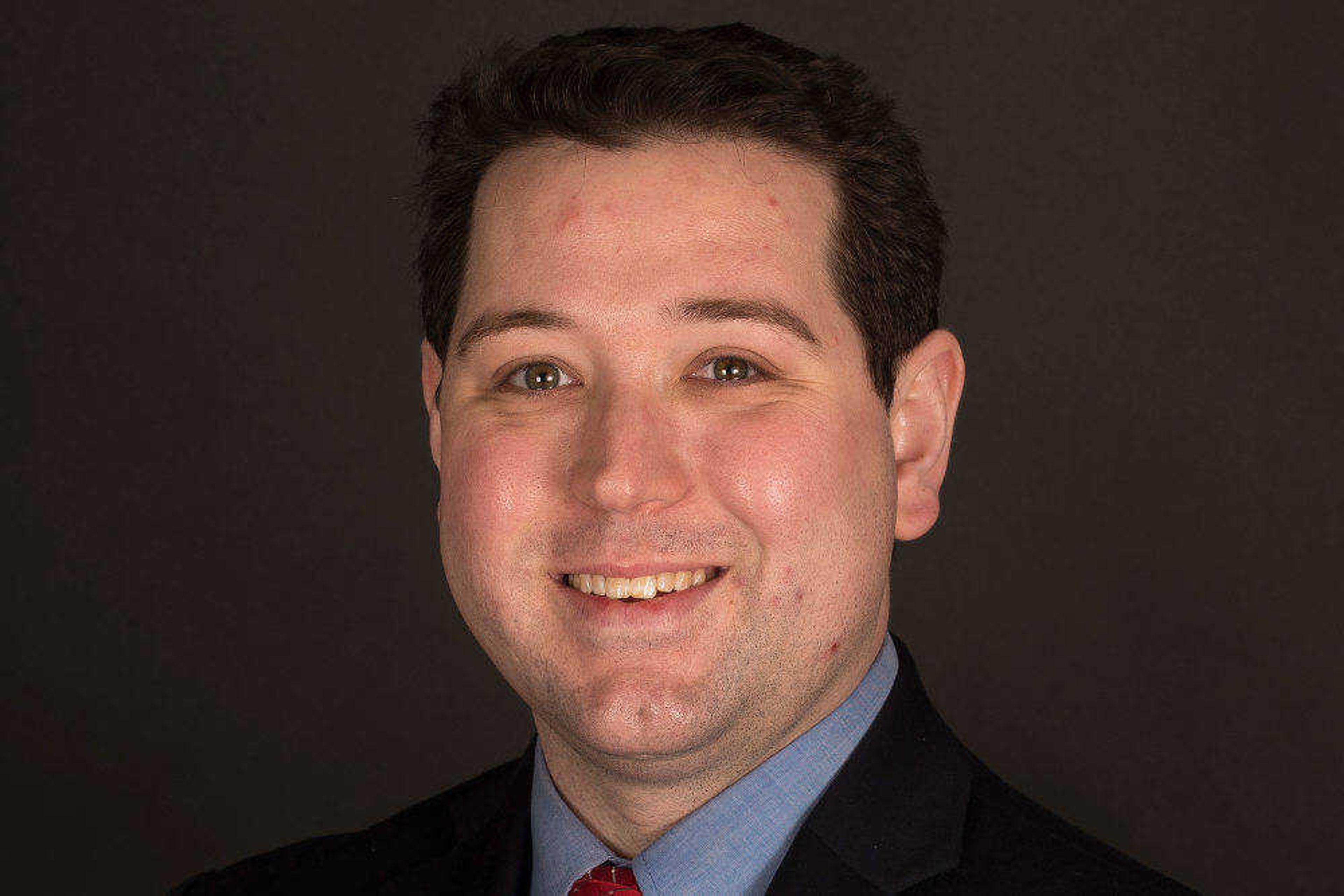Former Cardinal Ankiel talks about the mental side of the game
To borrow a quote from the great Yogi Berra: "Baseball is 90% mental. The other half is physical." America's pastime has always been a thinking man's game, but with the influx of modern technology and new analytics it's become more analytical than anecdotal. Major League front offices are staffed with more people who have Ivy League degrees but who've never played in the Big Leagues...
To borrow a quote from the great Yogi Berra: "Baseball is 90% mental. The other half is physical."
America's pastime has always been a thinking man's game, but with the influx of modern technology and new analytics it's become more analytical than anecdotal. Major League front offices are staffed with more people who have Ivy League degrees but who've never played in the Big Leagues.
It's not to say the sport is 100% about analytics. There's still a human element to the game. Take, for example, a book I'm reading titled "The Shift: The Next Evolution in Baseball Thinking" by Russell A. Carleton. It's about analytics and human behavior in baseball. The author gives an example of a team upgrading at shortstop with a better defender. While the shortstop can get to more balls in play, it's also possible (though maybe nominal) that having a better defender at shortstop may lead to the second baseman going after fewer balls in play because he knows the defensive play at shortstop has improved.
Analytics, yes. But it's still a game played between the ears.
Earlier this week I interviewed former Cardinal pitcher and outfielder Rick Ankiel. If you're like me, you probably remember one or both of the following memories.
The much ballyhooed southpaw burst onto the scene in 1999 as a 19-year-old pitcher. But in 2000, a bout with wildness -- five wild pitches in one inning -- in the playoffs against the Atlanta Braves was the beginning of the end of his pitching career.
Referred to as "The Yips", the out-of-no-where wildness was not new to baseball. Others have struggled, but the hype around Ankiel's career -- and the postseason platform -- heightened the issue that much more.
"It's a tough challenge," Ankiel told me about the pitching wildness. "It happened so fast I think it was really hard to digest at first. Once I wrapped my head around the fact that it wasn't my fault, now it's just something I deal with. You get up every day and give it everything you've got. I wish I had the answer."
Of course, if you're a Cardinals fan you know Ankiel's career did not end on the mound. Enter memory No. 2.
Though pitchers are rarely noted for their hitting prowess, Ankiel could swing a bat. In 2007, the pitcher-turned-outfielder was called up from AAA Memphis and hit a home run in his first at bat.
It was an emotional story of redemption.
"Thanks for the memory," a smiling Ankiel told me when I asked about the iconic home run.
"Everybody has their own journey, but when I think about that first game, hitting a home run, if I had sat down and written a script beforehand there's no way I could have written it any differently."
Following his playing career, Ankiel spent one season as a mental-skills coach for the Washington Nationals. He described the role as a mentorship position where he shared with players about his own experiences on and off the field.
Baseball players -- and men, in general -- are more open to talking about the mental side of the game today, Ankiel told me.
"I think the world is kind of moving in a better direction that way as far as men go," he said. "I know when I grew up, it wasn't something that men really talked about. Now if you look at every corporation or organization, there's always psychologists. There's people on staff to help support whatever people need, and I think it's a good thing."
Though two seemingly incongruent topics, Ankiel said analytics is certainly a benefit to other mental aspects of the game.
"I think one thing that you have is answers," he said about analytics informing the physical and mental components of the game. "Before, you're like, 'Hey man, I think if you're in a higher slot it might work better.' Well, now you can say, 'At this axis and this rate.' So there's science behind it."
And not just science, but science that informs based on an athlete's specific body type and how they can be the best version of themselves.
"I think it answers questions," he said. "Now instead of having a feeling and thinking you're there, you'll know whether you are or not."
Now a broadcaster, Ankiel made one final attempt to play ball last summer. After an experimental surgery on his elbow, he started a throwing program only to be shut down due to discomfort.
He's given up on the idea of playing again. But coaching? He's open to it, if in a limited role. Meanwhile, expect to see him on TV this summer providing commentary for Fox Sports Midwest. He has plenty of stories -- and experience as a pitcher, hitter and outfielder -- to share.
Lucas Presson is assistant publisher of the Southeast Missourian.
Connect with the Southeast Missourian Newsroom:
For corrections to this story or other insights for the editor, click here. To submit a letter to the editor, click here. To learn about the Southeast Missourian’s AI Policy, click here.











